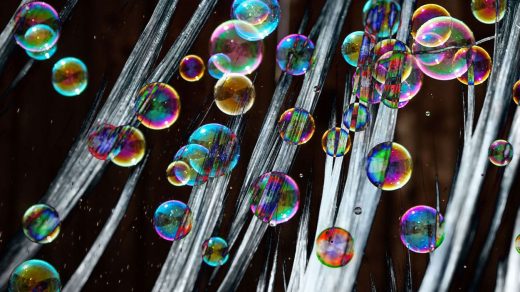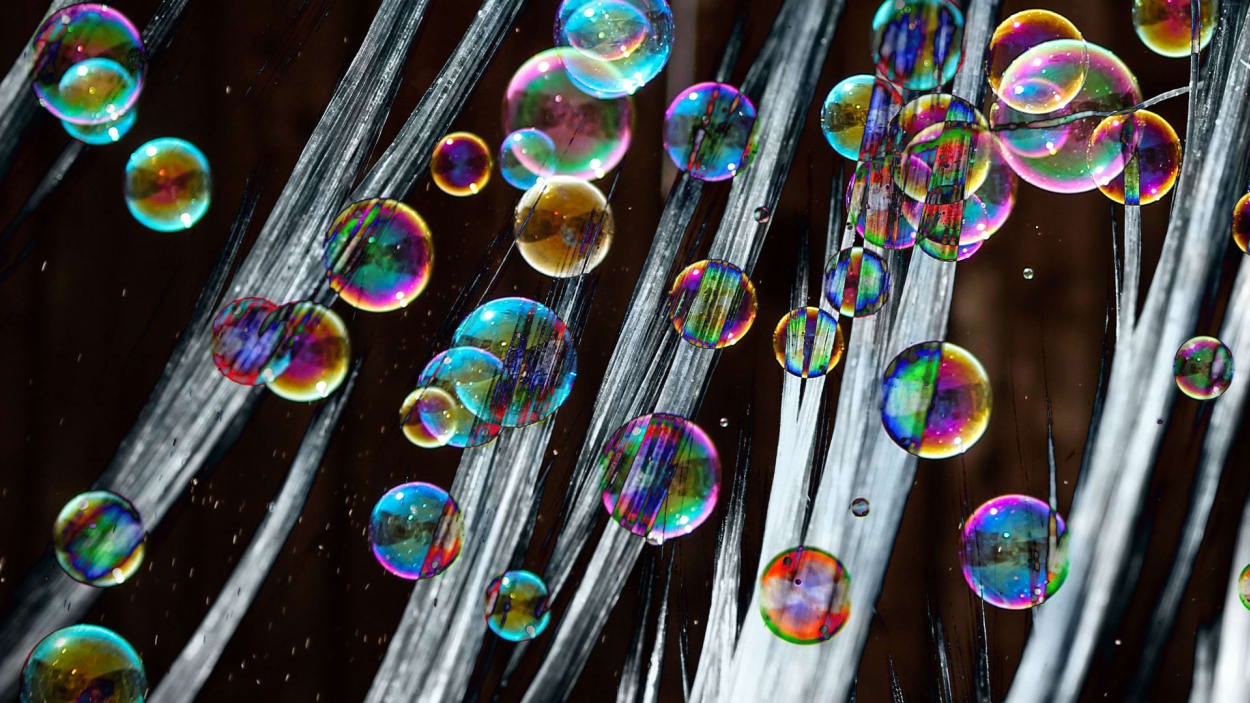The FDA might ban toxic chemicals in hair-straightening products. That could affect Black women most
By Sarah Bregel
In recent years, we’ve learned that many products we use in our daily lives—from sunscreen to baby powder to housecleaning items—contain harmful chemicals. Now, the Food and Drug Administration (FDA) is sounding the alarm on chemicals found in haircare products.
The FDA just proposed a ban on formaldehyde and other formaldehyde-releasing chemicals, which are used in hair-smoothing and hair-straightening products sold in the U.S. They say the chemicals have been linked to an increased risk of cancer, breathing problems, and hypersensitivity to the chemical, among other things.
This is certainly not the first time we’ve heard concerns around chemicals found in everyday hair products. The National Institutes of Health published a study last year which demonstrated that women who used products to straighten their hair had a higher risk of uterine cancer. Also, people who commonly use hair-straightening products have reported suffering from damage to the scalp fairly routinely.
Prior to 2022, there were concerns about the chemicals. A 2019 study showed a link between hair products and breast cancer, as did a study in 2017. The 2017 study also found a disparity in who is impacted the most by the harmful chemicals. Black women are far more at risk than white women, given 88% of Black women used chemical straighteners versus 5% of white women.
In recent years, there has been a push toward less harsh, more natural hair products. But for Black women, there’s a hair dilemma with deep roots in racism. Many Black women straighten or smooth their hair to conform to white beauty standards, but for many it doesn’t feel like a choice, as racial discrimination over natural Black hairstyles is not uncommon, especially in schools and workplaces.
Research from Michigan State University in 2020 found that Black women were routinely cited as being less professional or less competent if they had natural hairstyles. And unsurprisingly, a study from the CROWN coalition (Create a Respectful and Open World for Natural Hair) found that around 80% of Black women straighten their hair because they’re worried about the social or professional ramifications.
It’s still not uncommon to see Black kids being suspended or kicked out of school for natural hairstyles, and Black adults with natural hair are hired less frequently. Black people have essentially had to choose between exposing themselves to chemicals that can cause serious health issues and being viewed as less well-behaved, capable, or professional as their white classmates or coworkers.
Now, after years of unsettling reports about haircare products, having an FDA ban of the toxic chemicals finally on the horizon, there could potentially be more chemical-free Black hairstyles and healthier scalps across the U.S.
(8)



